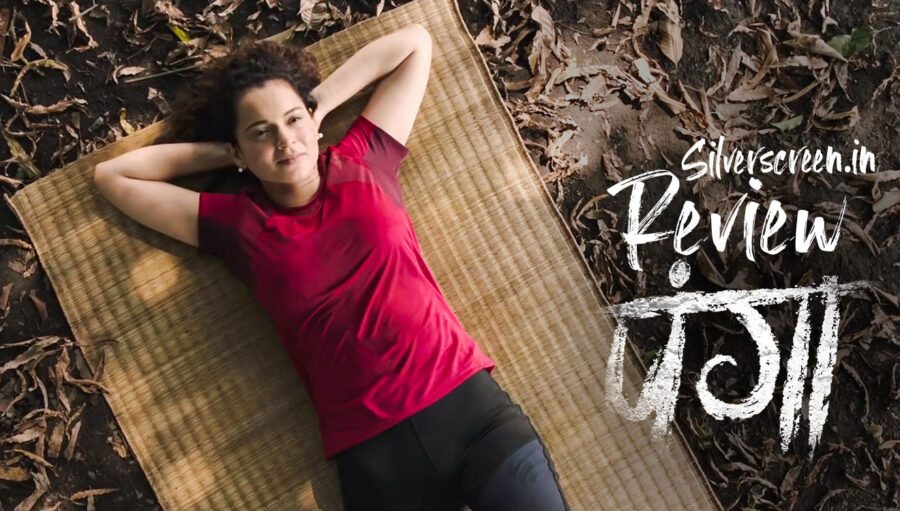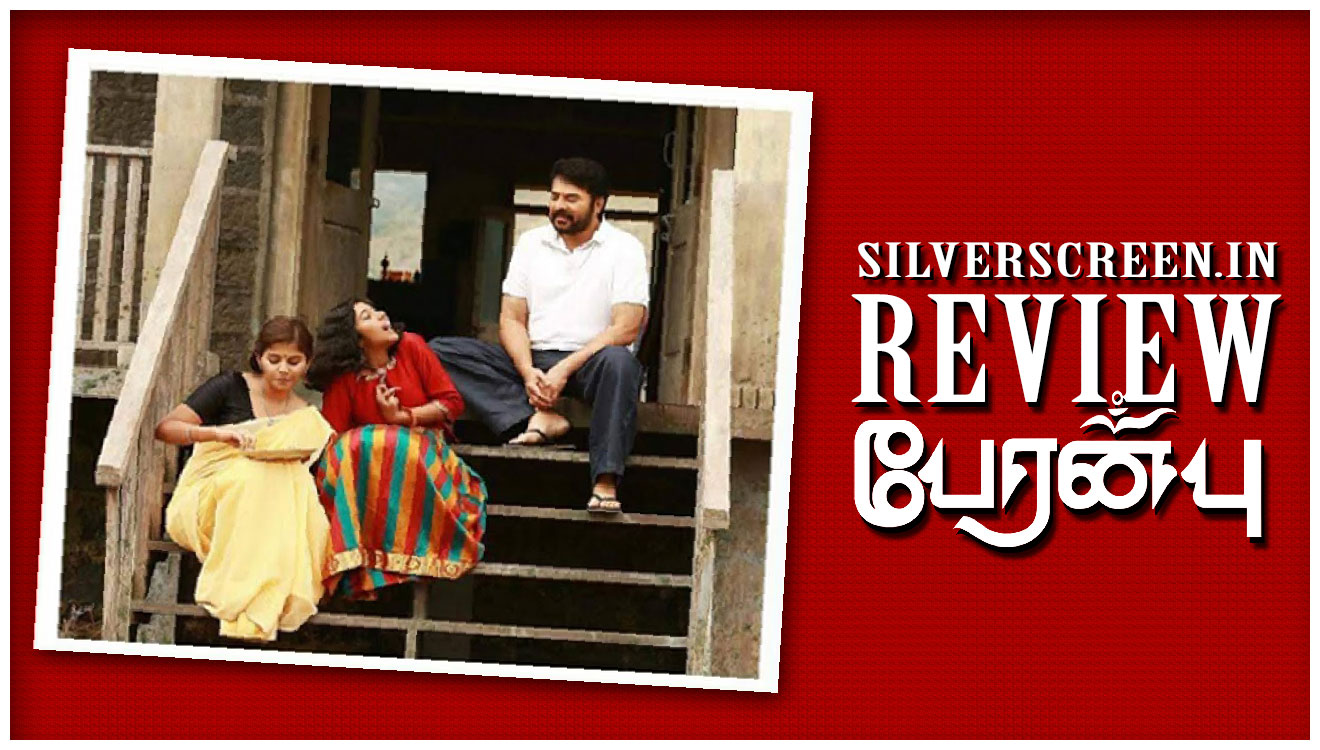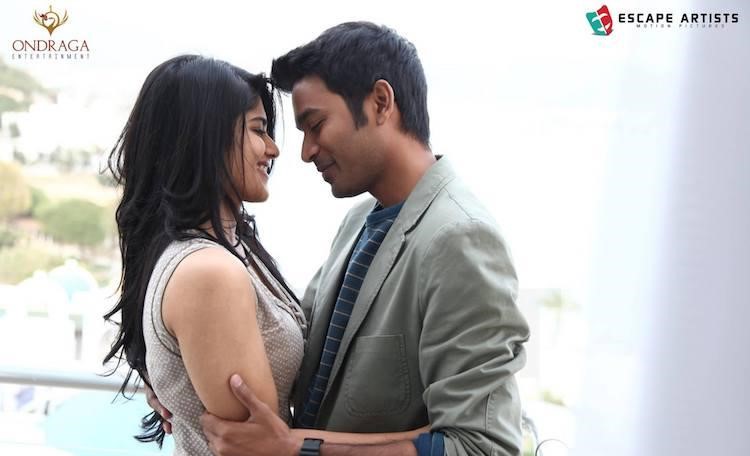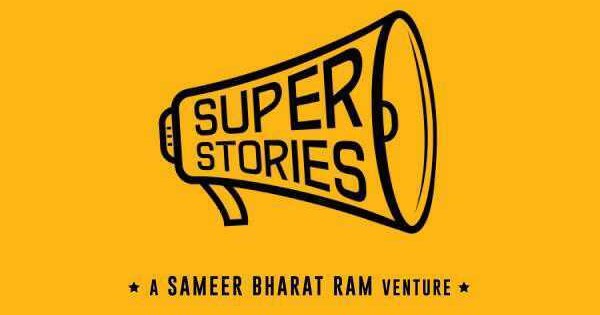Director: Ashwini Iyer Tiwari
Cast: Kangana Ranaut, Richa Chaddha, Neena Gupta
Helmets are not for everyone. In Ashwini Iyer Tiwari’s Panga (screenplay by Nikhil Mehrotra and Tiwari with additions from Nitesh Tiwari), Prashant (Jassi Gill), Jaya (Kangana Ranaut) and Adi (Yagya Bhasin) are a tiny nuclear family in the city of Bhopal, Tiwari not yet planning to expatriate her focus away from northern Tier-II cities of India that have served her well so far.
Jaya is a ticket counter operator at Habibganj railway station and Prashant works the bigger carriages, some sort of a quality checker, before he sends them away. Not without those tickets. Their entertainment options are limited — a dinner out or if Jaya is working longer shifts, pizza and video games.
Tiwari doesn’t have to try too hard to instill the sensation that the dad and the son are a team, the mother, the party-pooper. So, what has she lost? She has missed the bus on a whole lot to which we’ll get to later, but she loses the helmet. Prashanth and Adi get a protection over their head during all their two-wheeler journeys while Jaya’s head is ripe for the taking. Is a third helmet too expensive? A third helmet isn’t required because values are assigned to each member of the family and traditional workplaces or educational institutions and physical health get more points compared to others.
Jaya’s courses lack weightage. She cooks. She cleans. She helps with Adi’s homework and she walks him to the bus in addition to the myriad school activities that call for the hand of a parent. She is in the WhatsApp group full of mothers. She knows the schedule of Adi’s medicines for his low immunity like the back of her hand. These lack those weightage points and Jaya always falls short, her physical and mental health are written off from this calculation. She will not get a safety helmet; she isn’t that precious.
Choice of words make a difference in Panga. All of us would like to be understood — our dreams, aspirations, struggles, hard work and achievements acknowledged. In different words, at some point, we have all said or screamed, “please try to understand me, my point of view”. But in Panga, it is phrased in a way that puts the onus on the one who is reaping the sacrifices of a tired but reborn woman. Jaya Nigam (KanganaRanaut) uses the words “samajhne ki zimmedari” (responsibility to understand) when her 8-year-old son is cross with her for missing his race in school due to work, and her husband, an otherwise affable gentleman, asks her to understand that he is only a kid, he doesn’t get it.
That enrages Jaya more than the kid’s misdirected outrage. Why is the onus always on her to understand? It’s not her responsibility to understand others. It must be others’ responsibility to understand and acknowledge her handiwork. She moves the various wheels and dials in this house that it is a functioning one for Prashant and Adi to do as they please.
It’s story as old as time and no matter how many men are sensitised to everyday sexism, there is always the inner locker room quip waiting for the right time to break out.
Locker rooms, that’s another environment Panga is set around in. Out of the frying pan and into the astro turf falls Jaya Nigam, a former captain of the Indian Kabaddi team who is keen to make a comeback after a playful wager with Adi and Prashant. But one of the most beautiful moments in Panga occurs around this.
Prashant insists that the sham is done, Adi will be too emboldened to see you on the big stage but that’s not happening, so let’s kill it. She tells Prashant how happy she feels when she looks at Adi and him. And how unhappy she feels when she looks at herself in the mirror. The residual reflection of a former self. But the new training regime has given her fitness and confidence back.
Adi’s only half-joking references to Serena Williams and Roger Federer working on her (incidentally, Williams crashed out of the Australian Open 2020 in the 3rd round and Federer needed 5 sets to get to the 4th on the day of the film’s release). KanganaRanaut makes this portion work, with a kind of dignified contentment and measured optimism.
She plays the two different moments in similar fashion — once when she looks at the just born Adi, in incubation because he was born with low immunity, she peers over the glass door and talks to him, reassures him that she is the one who’ll take care of him, as a single tear rolls down her left eye.
The same optimism and peace of mind brightens up her face when she is talking about a return to Kabaddi, about the journey towards it, that’s – as much as she loves her inmates – already delivered her the escape from jail card.
A lot of sports are about that. It’s a pyramid to be scaled where every rung must be negotiated in different ways and each rung is a self-sufficient ecosystem in itself. The regular subjects on the streets will talk about journeymen in Eastern Railway team or that one great game of tennis that changed the mood in a World Group playoff. A legend within the confines of one rung.
Jaya wishes to experience that moment for she used to be that legend, when she goes and stands in front of a young Railways team at the station. They don’t recognize her, and she is shown not only her place but also the place of her sport. But Jaya wants to get past all that.
She makes it to the Indian team because there is media interest in her and when the coach (Rajesh Tailang) says media interest will help grow Kabaddi, it is hard to argue. It’s not a disingenuous claim, if a great, winning team is finding it difficult to pull in the audience, then take the team to the audience. It’s a moment that feels real, any self-respecting sportswriter pitching articles on women’s sports will tell you.
Sports is full of tiny victories, and like the media, cinema too wants its fanfare. Jaya must make that athletic move and save the day. Anjali Iyer Tiwari infuses the film with needless drama between the Indian team captain and bench warmer Jaya Nigam. It has no precedence and it also goes away as innocuously as it arrived. These are the portions where Panga finally becomes that exhilarating sports film, with shots of raiding and defending, ankle locks and video reviews.
There are also unwieldy stretches like the one in Mumbai where Jaya lashes on her friend Meenu (Richa Chadha looking like she’s perennially ready to disarm anyone in front of her) about selfish moms and bad parenting. A film that was riding on visuals suddenly switches gears and becomes all unwieldy throwing those words around.
Recommended
Not taking anything away from it, that’s the film Panga wants to be. The one that cancels the culture of career-life balance. The one that wants to say that what Jaya Nigam was doing in Habibganj was also a thriving career, as is winning the Asia Championships Gold. Will the twain ever meet? Highly doubtful but Tiwari does shine sharper in the domestic portions of Panga. A simple phone call. A mother to mother. A quest for delayed appreciation. And nothing to do with kabaddi and everything to do with it. Points for an elegant super tackle.
The Pangal review is a Silverscreen.in original article. It was not paid for or commissioned by anyone associated with the film. Silverscreen.in and its writers do not have any commercial relationship with movies that are reviewed on the site.



